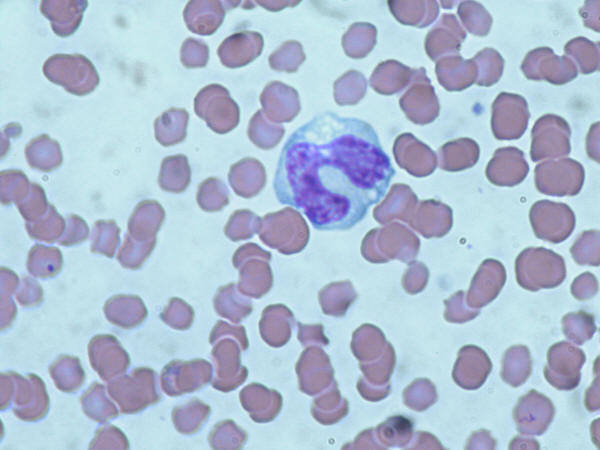Cancer reprograms immune cells to avoid an attack
Ars Technica » Scientific Method 2013-02-07

Under normal conditions, immune cells mature along a rigidly circumscribed path. Myeloid progenitor cells in the bone marrow can become monocytes (white blood cells that engulf pathogens), or they can differentiate down a parallel path to become granulocytes (white blood cells that create pus). Once they commit to one or the other path, they don't seem to be able to switch fates.
But work recently reported in Nature Immunology suggests that cancerous cells can re-engineer these immune cells, causing them to do just that. And they are induced to do so by the misregulation of one of the most well-studied oncogenes there is: the retinoblastoma (Rb) gene.
The immune system is normally capable of responding to cancer. But immature myeloid cells that tone down the immune response accumulate in the presence of tumors. These suppressor cells can be either monocyte-like or granulocyte-like, and it had been thought that they come from cells that are already committed to one of the two paths.
Read 6 remaining paragraphs | Comments